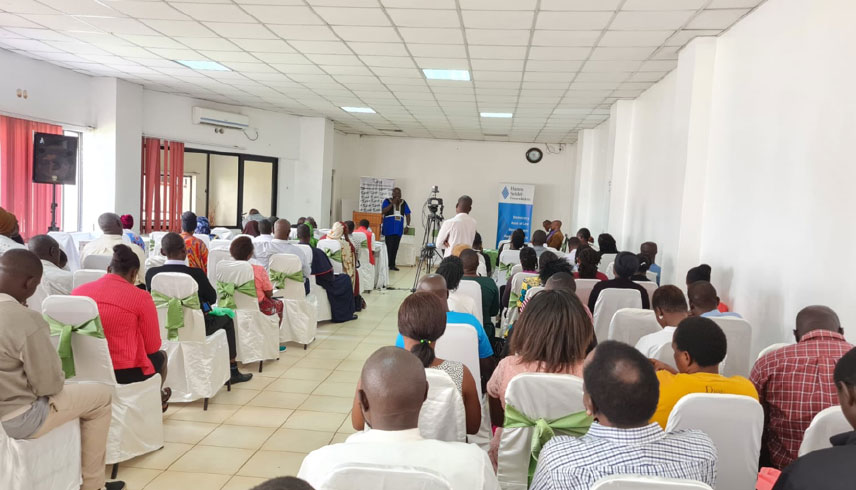I t is imperative to recognize the pivotal role that resident associations and community groups play in shaping Kenya’s socio-political and governance landscape, limited resources in some cases notwithstanding.
By virtue of how they are formed, and organized, and their rooted awareness of local long-standing and evolving issues, these organizations uniquely serve as the heartbeat of communities, embodying the spirit of civic engagement, empowerment, and social responsibility. They can therefore be looked at as well representative.
From advocating for better local public services, to fostering social cohesion and resilience, resident associations and community groups serve as catalysts for positive change and progress at the local level.
In a democratic society, accountability forms the cornerstone for effective governance, ensuring that those in positions of authority remain answerable to the citizens they serve.
Resident associations and community groups, through their active participation and oversight mechanisms, serve as watchdogs, holding public officials accountable for their actions and decisions.
By promoting and demanding for transparency, integrity, and ethical conduct, these organizations contribute significantly to enhancing trust and confidence in public institutions locally, thereby fostering a culture of accountability that is indispensable for sustainable development at the community level.
Accountability then leads to effective service delivery. It is important to underscore the urgent need to address the persistent challenges faced by communities in accessing essential services. Majority of residents have instances of unsuitable experience in seeking services in healthcare, land, education, permits, licenses, water, and sanitation.
Resident associations and community groups play a vital role in consolidating citizens’ voices, bridging the gap between citizens and public officials or other public services providers, and ensuring that the needs and priorities of the community are adequately addressed.
Through innovative initiatives, grassroots mobilization, and partnerships with relevant stakeholders, these organizations have the power to transform the delivery of public services, making them more responsive, equitable, and efficient.
Therefore, harnessing the collective potential of resident associations and community groups in driving positive change and promoting the well-being of residents, needs to be considered and enhanced by various development stakeholders.
By establishing a mechanism of working together and collaboration, it makes it possible to chart a path towards a future where accountability is upheld, and effective service delivery is guaranteed for every member of the community.
Hanns Seidel Foundation works with the Kenya Alliance of Resident Associations (KARA) to provide a platform for dialogue, collaboration, and collective action towards effective participation, accountability and service delivery, gradually advancing the cause of good governance and development in Kenya.
Authored by Robertson Kabucho, Head of Programmes, Kenya & Ethiopia, Hanns Seidel Foundation

